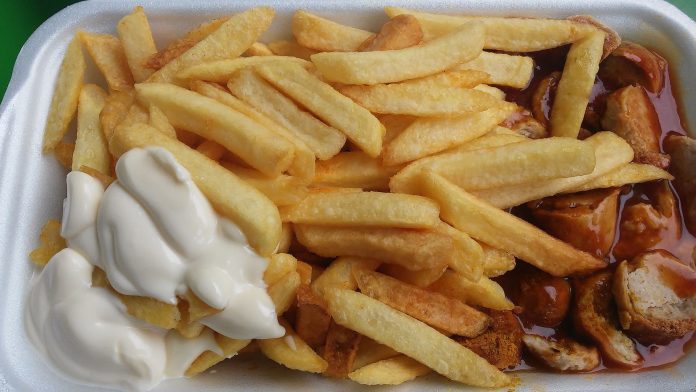
The risk of teenage obesity doubles if the individual remembers seeing a junk food advert every day compared to those who couldn’t recall any over a month, according to a report by Cancer Research UK.
In the largest survey of its kind linking forms of advertising and weight, teenagers’ exposure to ads on TV, billboards and social media is the main contributor to the onset of teenage obesity.
The report was based on a YouGov survey which questioned 3,348 young people in the UK between the ages of 11-19 about their TV viewing habits, diet and BMI.
What did the results find?
It was found that obese teenagers were more likely to recall social media adverts than adverts on other mediums, so this platform had the greatest association with obesity.
Following statistical analysis, the results revealed that teenagers living in the most deprived communities were 40% more likely to remember seeing junk food advertisements every day compared to those in much better off environments.
Previous research has shown that people from more deprived communities are also more at risk of being obese.
Researchers found that teenagers who watched shows on TV and streaming websites without adverts had no link between screen time and being obese. This suggests that the adverts are prompting young people to eat more junk food.
Obesity is easily preventable
Professor Linda Bauld, Cancer Research UK’s prevention expert, said: “This study found a strong link between exposure to junk food ads and an increase in teens’ risk of being obese, and suggests that the poorest are hit hardest.
“Although being overweight is the biggest preventable cause of cancer after smoking, only 15% of people recognise that obesity is a proven cancer risk.
“Right now, we hope to see a 9pm ban on junk food ads in the government’s upcoming obesity strategy, which requires a simple change of rules from Ofcom. Cancer Research UK is also funding more research into the potential impact of social media on obesity, so we can start to investigate this area more.
“Young people from more deprived backgrounds have the most to gain from a 9pm ban on unhealthy TV adverts. Urgent action is needed from Ofcom to support efforts to reduce the health inequalities between the poorest and richest in our society.”
Obesity is linked to 13 types of cancer, including breast, bowel and pancreatic.







